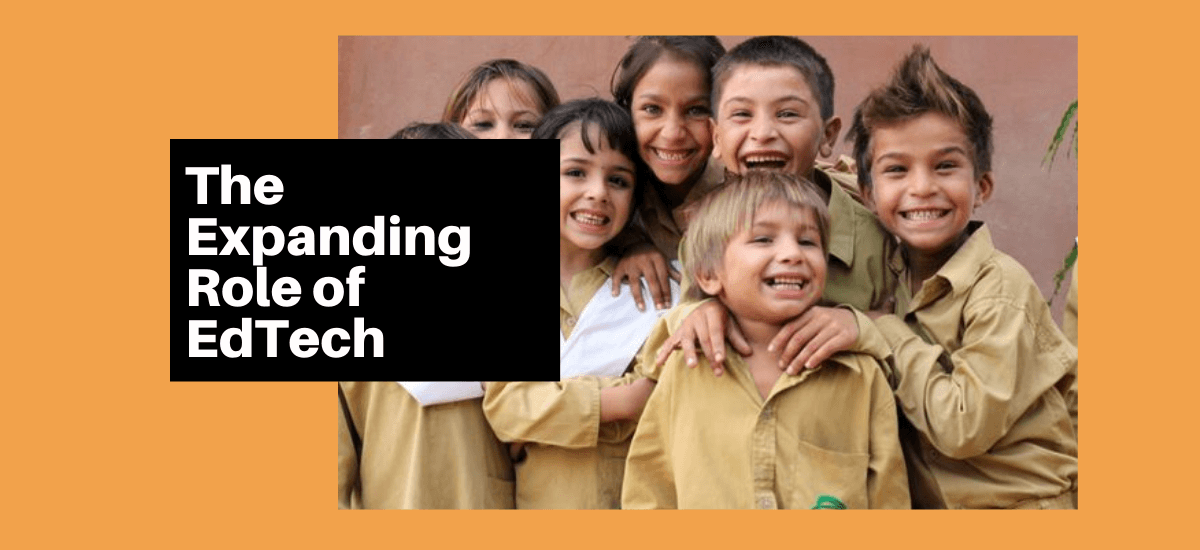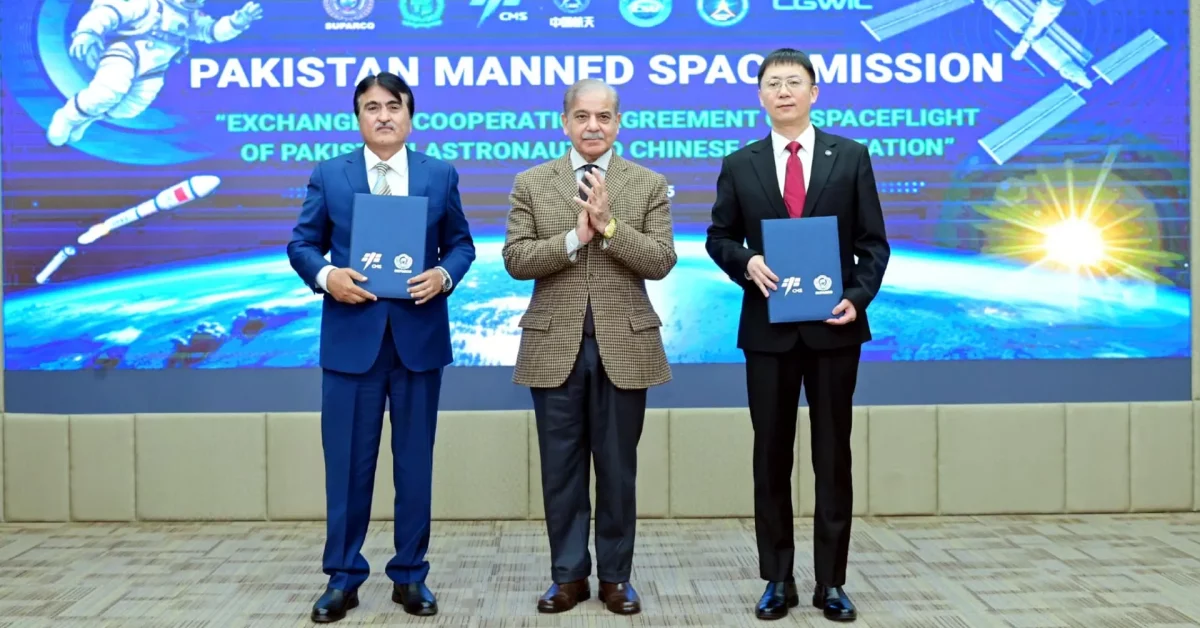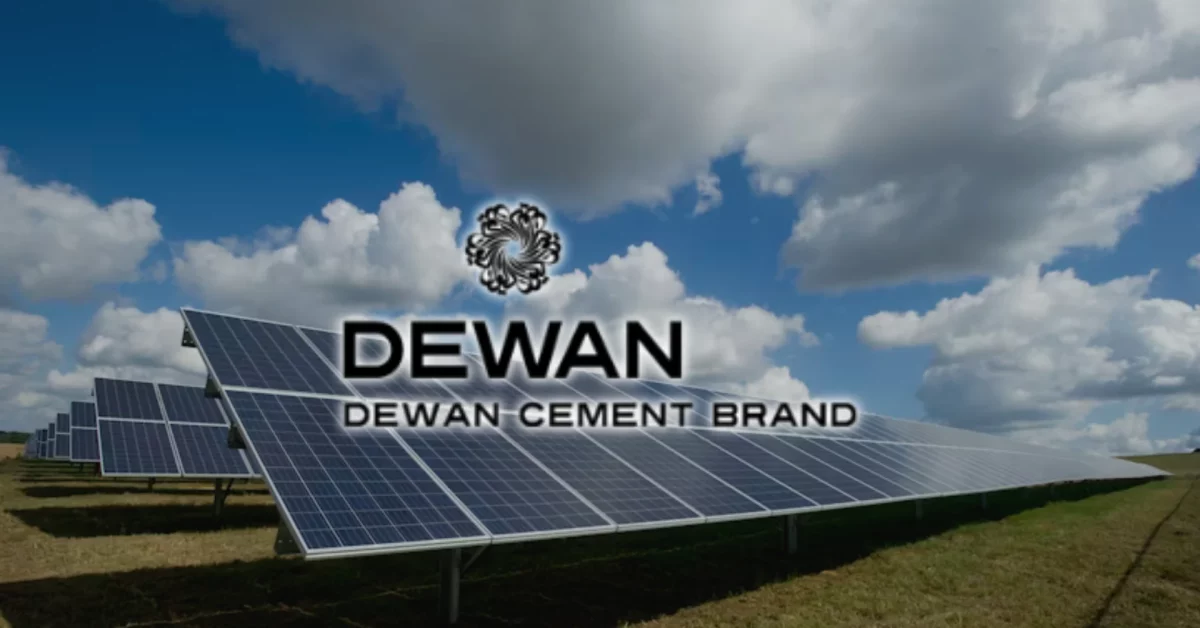
Mental Health During COVID-19 | Conversations@Jazz
July 9, 2020
Green Banking: Go Digital, Stay Safe
August 12, 2020The Expanding Role of EdTech | Conversations@Jazz
In this episode of Conversations@Jazz, we spoke to The Citizen Foundation (TCF)’s EVP Outcomes Riaz Kamlani and EVP Inputs Zia Akhtar Abbas along with Jazz’s CEO Aamir Ibrahim, who accompanied us in the enlightening discussion about the role of Edtech in bridging the digital divide, improving digital equity, standards of education and all that TCF has done to accomplish that.
Speaking about the beginning of Jazz’s partnership with TCF, Riaz informed us that Jazz and TCF came together when TCF approached JazzCash for the initiative of ration distribution during the outbreak of COVID-19. Initiated on the 1st of April, the intention was to reach out to 250 communities in 3 and a half months; “reaching out to you we didn’t know much,” said Riaz, “but for the Jazz team to hold us, to be able to navigate this through, making cash transfers work, collecting data and walking through the journey together into very difficult neighborhoods, we pulled through and yesterday we completed 250 communities, over 45,000 families in just 2 and a half months.”
<center><iframe width=”560″ height=”315″ src=”https://www.youtube.com/embed/DIyrVyw22L4″ frameborder=”0″ allow=”accelerometer; autoplay; encrypted-media; gyroscope; picture-in-picture” allowfullscreen></iframe></center>
Speaking about the history of TCF, Zia explained how TCF started 25 years ago with just 5 schools and 700 kids and now operates over 1,650 schools with 266,000 enrolled students and over 40,000 alumni. “TCF has become a citizen-led and citizen-owned platform,” said Zia, also shedding light on how operating at such a large scale opens gives way to bigger opportunities such as providing students with access to technology and the basic literacy skills required in today’s job market, and TCF is determined to accomplish these aims.
Commenting on how this crisis created enablement of the speed of digitization to become faster, Zia said the role of technology needs to be aligned with the context being dealt with. “The struggles for government schools is the bare minimum technology and human resource,” he said, emphasizing that the change should begin with shaking the foundations of the education system by comprehensively constructed curriculums. “We at TCF believe in open-source. The whole curriculum we create will be available for anyone in Pakistan to replicate,” Zia added.
Discussing how the digital divide caused by Coronavirus has given way to new technological avenues, Aamir Ibrahim said “Our biggest opportunities are two-fold; a mobile phone in every hand and a decent connection in the phones, that’s when things can start happening and the opportunities are immense,” he said, highlighting how Jazz itself has launched JazzParho, in an aim “to support the access for students through Work-Taleem bundle.”
Aamir also emphasized the need of believing in “the collective effort of the people rather than one organization’s brilliance” and thanked TCF for the endorsement of the ration distribution campaign: “How JazzCash came in and had a positive impact on the people, it made sustenance possible especially in the time of lockdowns.” Aamir said, “What you have been able to accomplish is remarkable.”
Going over the priorities the government and the parliament need to set for education, the panel all unanimously agreed that the change will begin when the curriculum, the basics, and the fundamentals are straightened out on a benchmark that thoroughly examines an alumni’s ability to be compatible with his skill-set to the advancing world.
An array of revolutionary ideas were shared and the panel was surely enlightened with the presence of our guests on this episode, who we thank for taking the time to speak to us and wish them all the best as we all gear up to keep battling COVID-19.






